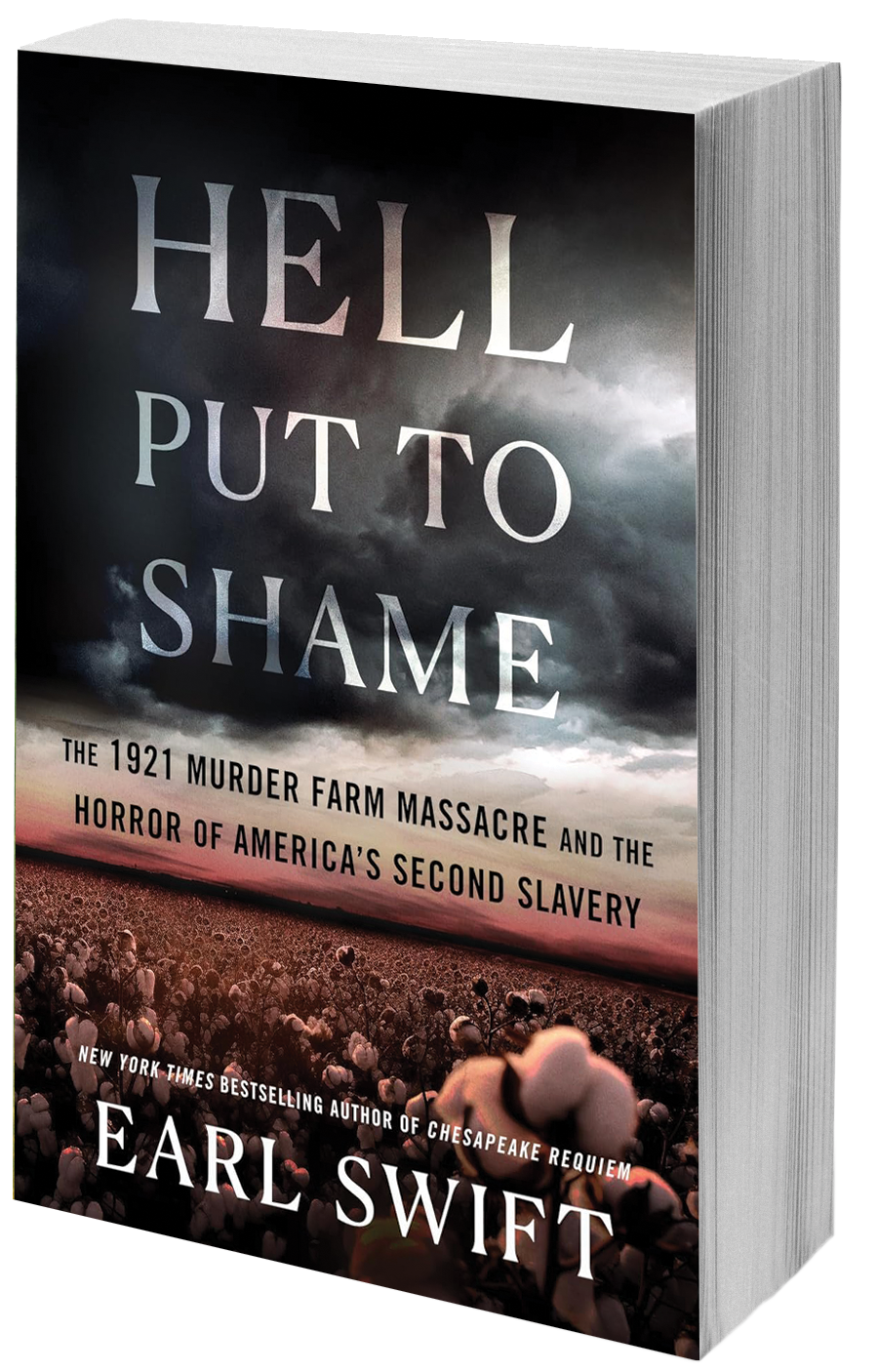Lost in the Stacks: Hell Put to Shame
none
The killing spree on the John Williams farm began soon after the federal agents left. The agents had accused John Williams, a Jasper County, Georgia famer and his Black overseer Clyde Manning of peonage, a federal crime. Peonage was a shameful reality of the rural South in the years following the Civil War, even in 1921. Poor Blacks were sentenced to prison on slight charges – often charges of vagrancy. White farmers would pay their fines and in return force the men and women to work it off – a labor system that was similar and sometimes worse than slavery.
 "We will have to do away with them,” Williams told Manning. If Manning didn’t want to kill the peons, well, it was his neck or theirs. Under threat of death and by the direction of Williams, Clyde Manning murdered 11 peons, either by axe or by drowning. Unfortunately for Willams and Manning, the rivers ran low that year and the bodies, gruesomely tied with wire and weighted down with sacks of rocks, were discovered.
"We will have to do away with them,” Williams told Manning. If Manning didn’t want to kill the peons, well, it was his neck or theirs. Under threat of death and by the direction of Williams, Clyde Manning murdered 11 peons, either by axe or by drowning. Unfortunately for Willams and Manning, the rivers ran low that year and the bodies, gruesomely tied with wire and weighted down with sacks of rocks, were discovered.
As word of the “murder farm” spread, people across the country were both appalled and fascinated with the horrific crime. Many wondered if a white man could really be convicted of murder on the word of a Black man in racist Georgia. There were also questions about the culpability of Clyde Manning, a Black man forced to kill his fellow farmer workers and friends.
Hell Put to Shame by Earl Swift is an engrossing true crime account of a massacre as well as a compelling history of race relations in the 1920s.















